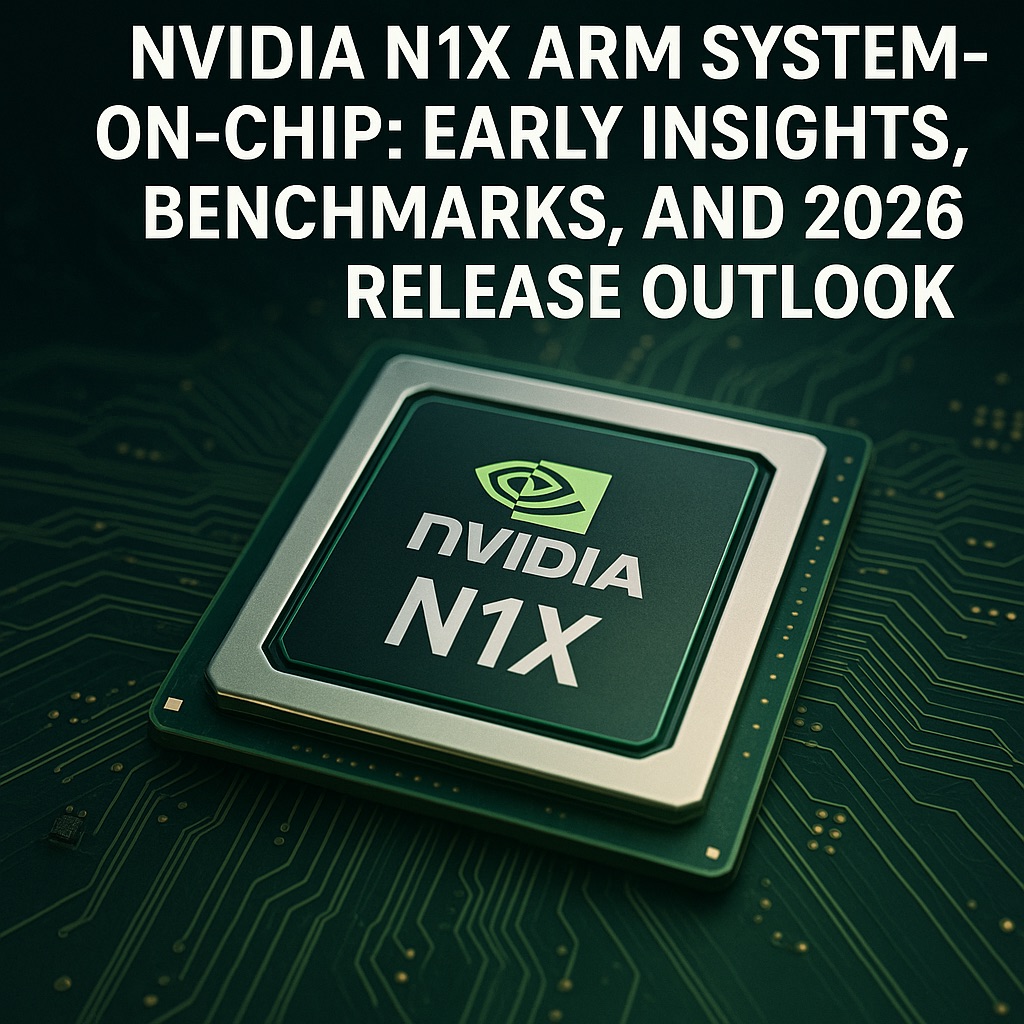U.S. Reversal on AI Chip Ban Opens $8.8 Billion Market for Nvidia and AMD — with an Unprecedented Revenue-Sharing Twist
In a dramatic policy U-turn, the United States has cleared Nvidia and AMD to resume sales of specialized AI chips to China—reopening one of the world’s most lucrative markets and introducing a first-of-its-kind revenue-sharing deal with the U.S. government.
The reversal marks a sharp departure from the strict export controls imposed in April 2025 under the Trump administration, which halted even “compliant” models such as Nvidia’s H20 and AMD’s MI308. At the time, both companies warned of severe financial fallout: Nvidia projected an $8 billion quarterly revenue loss, while AMD anticipated an $800 million shortfall.
High-level lobbying—including meetings between Nvidia CEO Jensen Huang and President Trump—proved decisive. By July, Washington agreed to fast-track export licenses for both chipmakers. Markets reacted instantly, with Nvidia stock jumping up to 8% and AMD gaining 5% on the news.
But the green light came with an unprecedented condition: both companies must remit 15% of all China AI chip sales to the U.S. Treasury. Analysts believe this is the first instance of American firms being required to share foreign-market revenues as a condition for export licensing—an arrangement the Financial Times described as “direct government involvement in global commercial flows.”
The policy shift is part of a broader thaw in U.S.–China trade relations. In June, Beijing agreed to restart rare earth mineral and magnet exports—critical to U.S. manufacturing—after a year-long freeze. Chinese exports of these materials to the U.S. have since surged by 660%, easing supply chain strains.
While the H20 and MI308 chips are less advanced than top-tier GPUs still barred from export, they provide valuable computational capacity to Chinese AI developers. Industry experts warn that even “watered-down” chips could help China strengthen its AI capabilities, underscoring the fine line between national security and economic opportunity.
For Nvidia and AMD, the deal reopens a market worth billions, while signaling a new era in which trade policy, industrial strategy, and national security are deeply intertwined. The revenue-sharing requirement could set a precedent for future high-tech exports—blurring the boundaries between corporate profits and geopolitical strategy.
If you want, I can also prepare a visual fact sheet or infographic summarizing the policy shift, revenue implications, and market impact for quick reader engagement. That would make this piece highly shareable and press-ready. Would you like me to create that next?
Top picks for "reversal chip open"
Open Amazon search results for this keyword.
As an affiliate, we earn on qualifying purchases.









